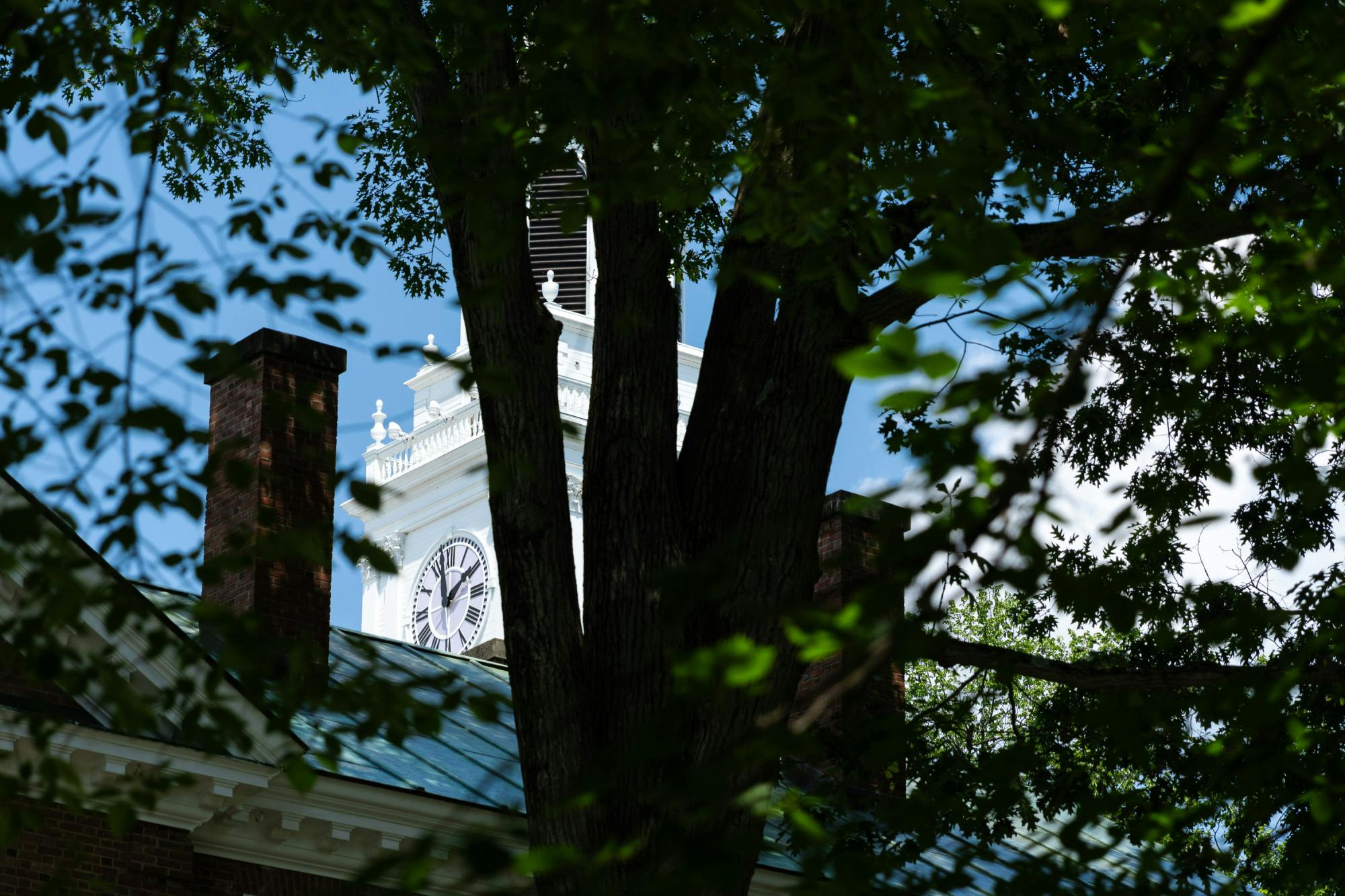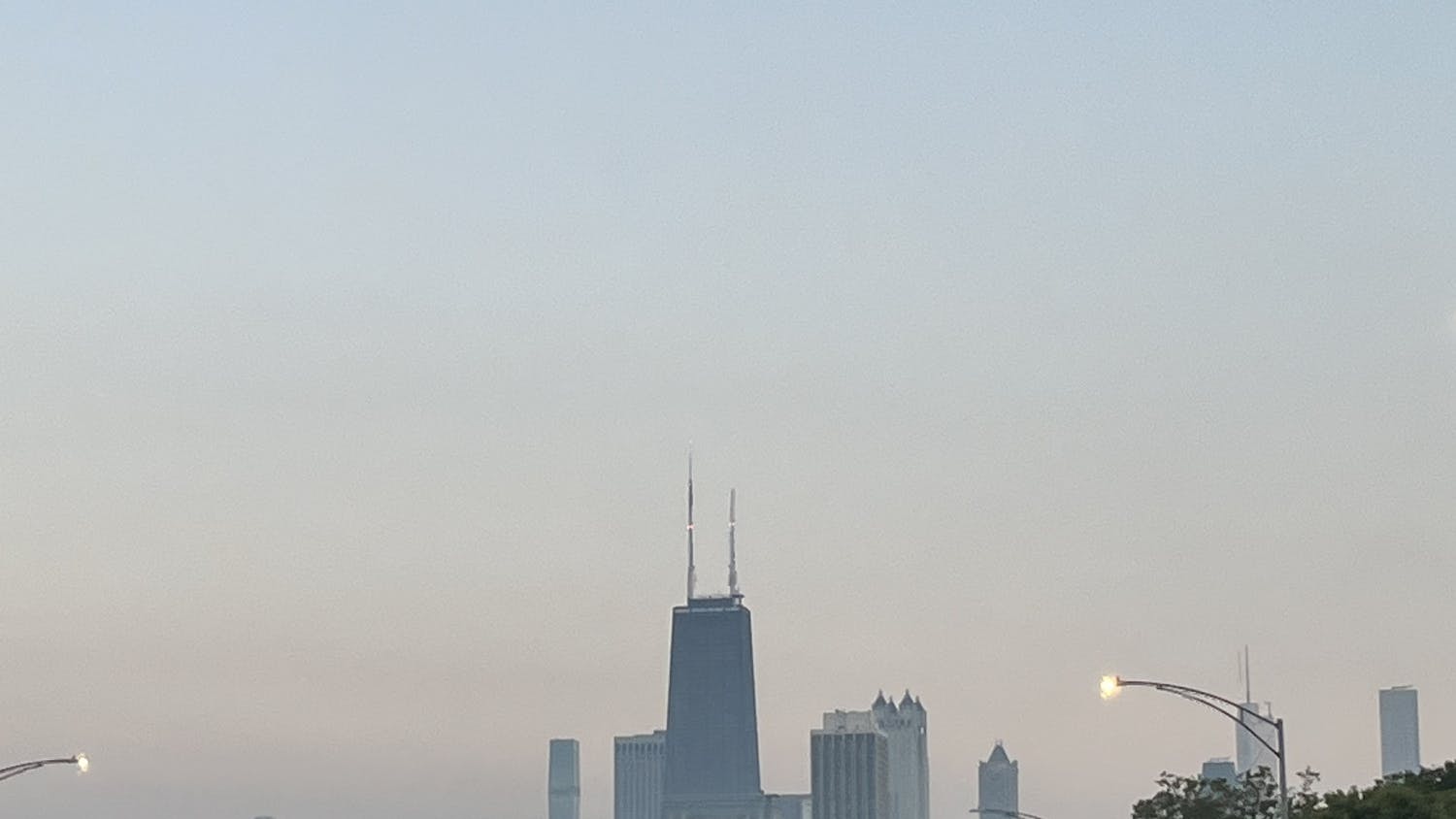In the spring, I watched from afar as my friends defrosted from the frigid winter. The snow covering the Green turned into ice cream trips and sweater-less days; meanwhile, I learned to live in a new city and tried to be an adult. From the outside, I felt like my class experienced a trial run of sophomore summer without me. Throughout my time away from Hanover, however, sophomore summer lingered on the horizon as a comforting reminder that my class would reunite again — just us — for the best summer of our lives. I pictured how my friends and I would drench ourselves in the waters of the Connecticut River, climb to the peaks of mountains, warm our faces with the soft glow of a campfire and simply exist together. This idea of sophomore summer was a blanket I wrapped myself in: a false naivete, a daydream, a montage.
Perhaps my hamartia is that my expectations for college tend to soar as high as the trees in Pine Park. In all my mental preparation for sophomore summer, I forgot to listen to the upperclassmen who warned me to practice cautious optimism.
So when the sun decided to hide its rays behind the blankets of clouds at the start of the summer term, I simply did not know what to do with myself. Adjusting to sophomore summer after being off campus in the spring was much harder than I expected. In contrast to engrossing myself in immigration reform work, my peers once again expected me to care about the arbitrary social hierarchies on campus. I spent months in a high stakes environment, speaking to refugees seeking asylum, only to return back to Hanover, bury my nose in books and get bombarded by GroupMe messages. While everyone seemed to be going out and constantly doing something fun, I had trouble buying back into the shared vocabulary of “need one” or “come to basement @now.” Life at Dartmouth felt fake. I kept wondering to myself: How can I continue to live a shiny, perfect college life after having faced some of the tough realities of the real world?
This summer’s pre-professional recruiting frenzy has also confused me. At Dartmouth, there is a constant pressure to always be doing something fun, exciting and memorable. At the same time, students are mass writing cover letters and going on coffee chats. It’s a tough balancing act: We each desperately want to maximize the so-called “peak” of our Dartmouth experience, while simultaneously mapping out our futures and cultivating the ideal resume.
I keep asking myself: Is this the pinnacle of my Dartmouth career? If this is one of the last times all my friends will be in the same place before senior year — before we have to get adult jobs and pretend we know where we are going — then how come it feels so empty at times? How come every weekend is a repetition of the one before?
I didn’t intend for melancholy to underscore this reflection, but it feels like the most truthful way to write about sophomore summer. I’ve come to realize that, for me, sophomore summer is directionless liminality. It is situated amongst the soul-searching of the last two years and the daunting markers of the next two to come. The intangible borders that span from the end of June to August signify a change, a transition from the last slivers of childhood to adulthood. This meditation is not just about unmet expectations; it is about the crux of transition.
Yet, if we don’t know the crackle of lightning or the tinges of cloudy skies, we will never know how to appreciate the sunshine when it does come. In this weird haze of change waiting to happen, we must slow down and notice the smile tugging at our lips. How special is it that amidst all this uncertainty and transition, we at least get to be here together?
How lucky are we to call this place home for 70 days at a time? To hold each other’s hands around campsites that are more smoke than fire? To stomp in the street and call it dancing? To be cradled in this place we get to call ours? No, sophomore summer does not have to be the best summer of our lives. It can just be 10 weeks of reveling in the present moment. Let us savor the summer’s windy embraces and our own aspirational pursuits. We will not linger in this liminality for much longer.




